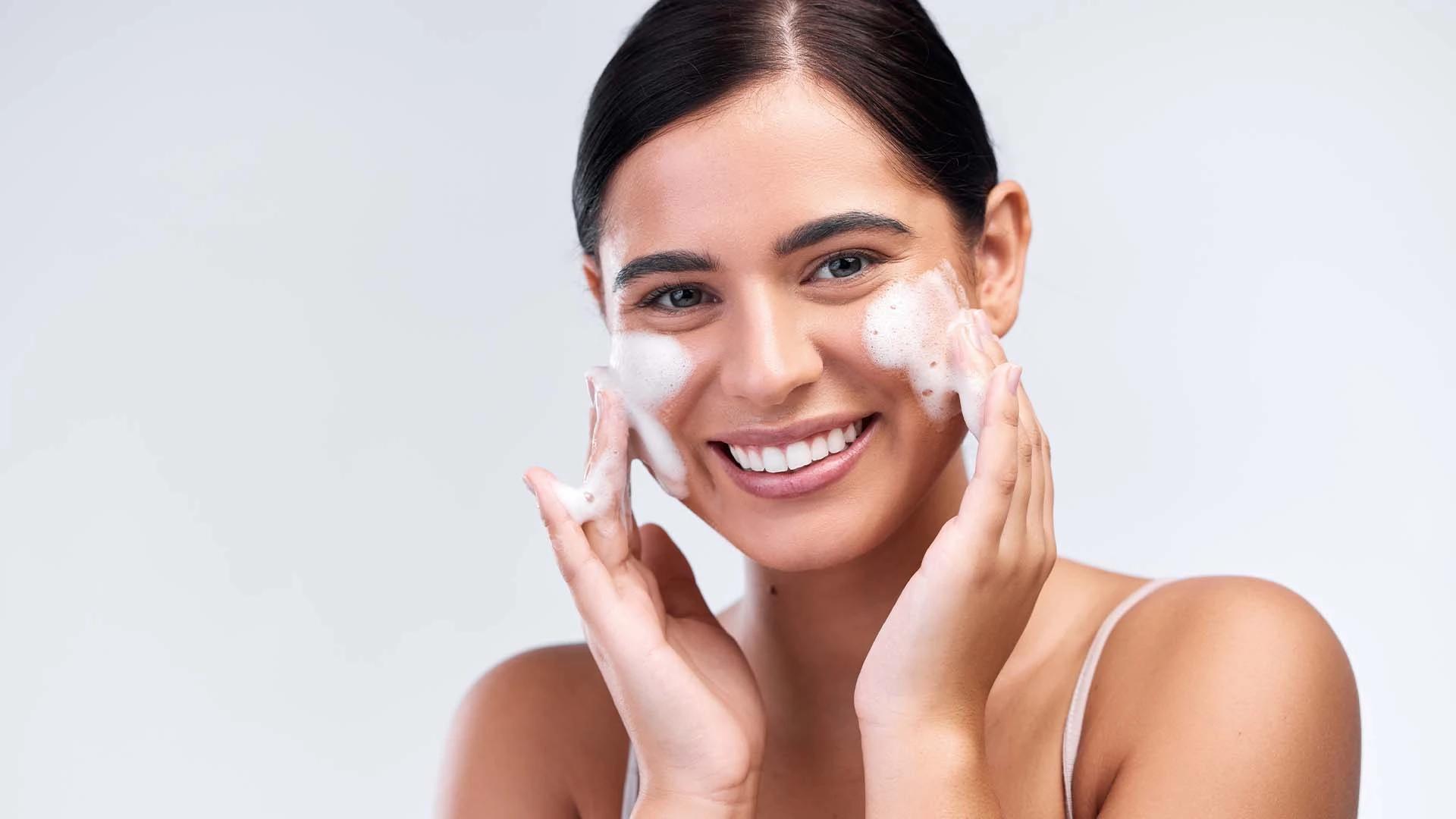Let's be real—dealing with pigmentation can feel like fighting an invisible battle. Whether it's those stubborn dark spots from last summer's holiday or melasma that decided to make itself at home on your face, finding the right treatment can be overwhelming. With Indian skin being particularly prone to hyperpigmentation due to our climate and genetics, choosing the best pigmentation cream becomes even more crucial. The good news? There are brilliant solutions out there that actually work. You just need to know what to look for and how to pick your kind of product that'll give you the results you're after.
Understanding Skin Pigmentation
Skin pigmentation happens when your skin produces too much melanin in certain areas, creating those uneven patches we'd rather live without. It's basically your skin's way of protecting itself, but sometimes it goes a bit overboard. Common triggers include sun exposure, hormonal changes, acne scarring, and even certain medications.
For Indian skin, pigmentation issues are particularly common because we naturally have more active melanocytes (the cells that produce pigment). This means we're more likely to develop **post-inflammatory hyperpigmentation** after acne, sun spots from UV exposure, and **melasma** during pregnancy or hormonal fluctuations. Understanding your specific type of pigmentation is the first step toward finding effective dark spot removal solutions.
Key Ingredients to Look for in Pigmentation Creams
The magic lies in the ingredients, and knowing which ones actually work can save you loads of time and money. These powerhouse components are what separate average creams from the ones that'll become your next obsession. Each ingredient works differently, so understanding their benefits helps you pick the right formula for your skin's needs.
Hydroquinone
Often called the gold standard for pigmentation treatment, hydroquinone blocks melanin production at its source. It's particularly effective for stubborn melasma and sun damage. Start with lower concentrations (2%) to see how your skin reacts before moving to stronger formulations.
Kojic Acid
Derived from fungi, kojic acid is gentler than hydroquinone but still packs a punch for skin lightening. It works brilliantly for overall skin brightening and is perfect if you're after natural skin whitening options that won't irritate sensitive skin.
Vitamin C
This antioxidant superstar doesn't just brighten—it protects your skin from further damage. Look for stable forms like magnesium ascorbyl phosphate or L-ascorbic acid. It's particularly good for preventing new pigmentation whilst working on existing spots.
Niacinamide
A form of vitamin B3 that's gentle yet effective. It reduces inflammation, controls oil production, and gradually fades pigmentation. Perfect for sensitive skin types who need anti-blemish solutions without the harsh side effects.
Alpha Arbutin
A gentler cousin of hydroquinone, alpha arbutin provides steady, consistent results. It's brilliant for long-term use and works well in combination with other ingredients for comprehensive facial discoloration remedies.

